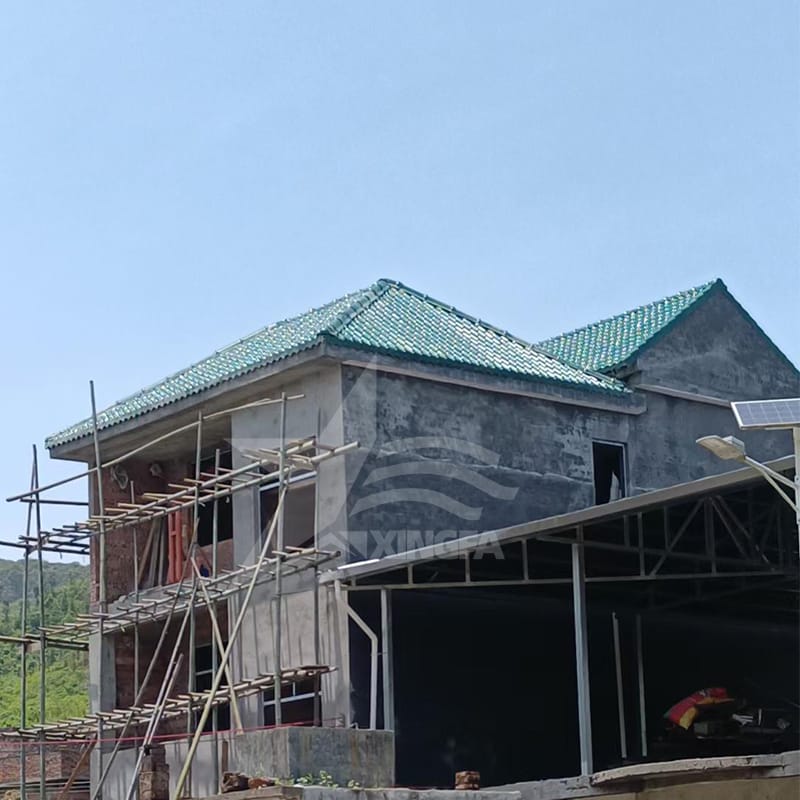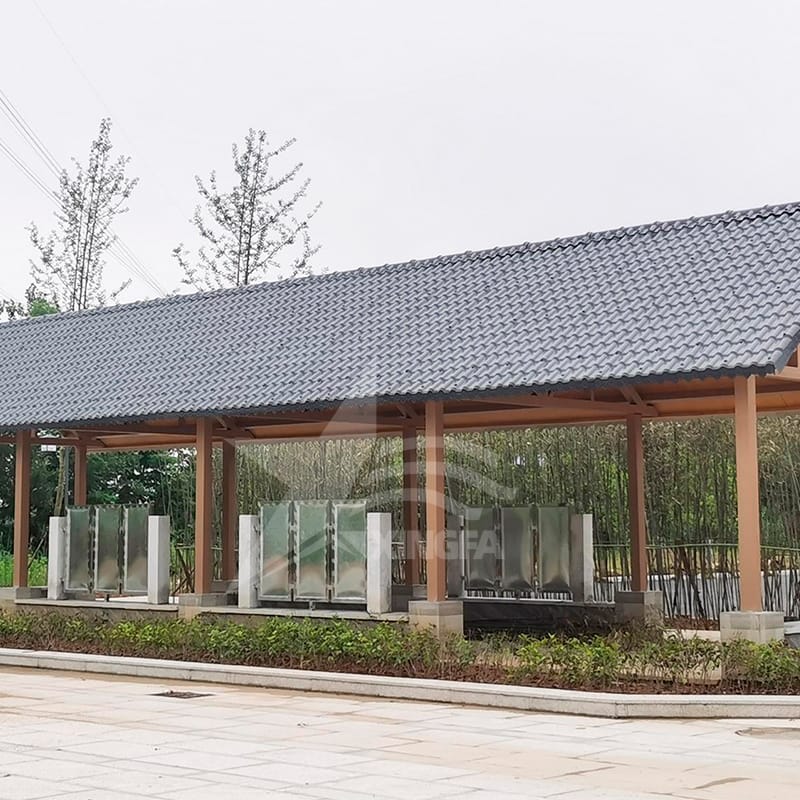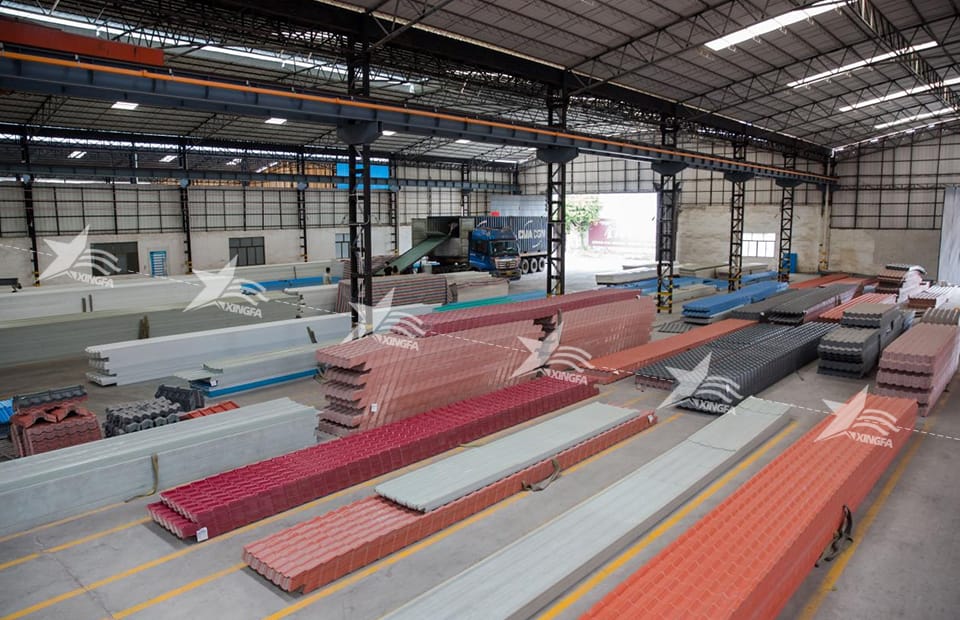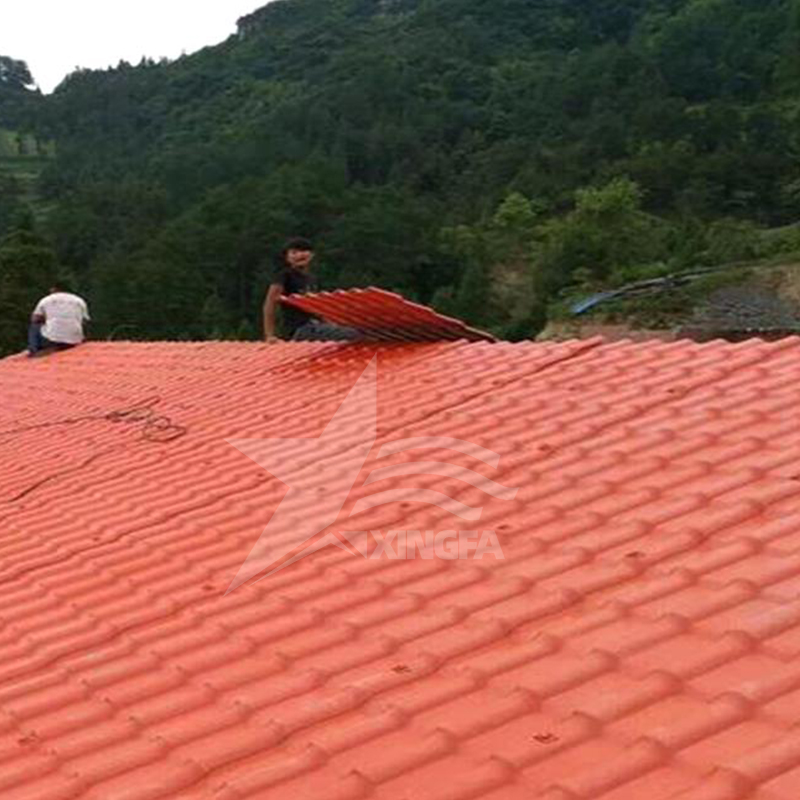In recent years, resin tiles have garnered considerable attention as a novel building material. However, doubts persist among people regarding their environmental friendliness. Today, we will delve into whether resin tiles are truly eco-friendly.

Firstly, the composition of resin tiles is crucial. They primarily consist of polymer resin, fiberglass, and other additives. Compared to traditional tile materials, resin tiles are lightweight and possess strong weather resistance, attributes that have earned them widespread application in the construction industry. These characteristics endow resin tiles with the potential for green environmental benefits.

Secondly, the manufacturing process of resin tiles is a key factor in assessing their environmental impact. Scientific production techniques, rigorous quality certifications, and judicious selection of raw materials are essential for ensuring the environmental friendliness of resin tiles. Certification under ISO 9001 quality management systems and China’s Environmental Labeling Product Certification provide authoritative endorsements of resin tiles’ eco-friendliness.
Moreover, the lifespan and maintenance of resin tiles also contribute to their environmental profile. Due to their durability and ease of maintenance, resin tiles reduce replacement frequency and resource waste compared to other materials, thus contributing to sustainable development.
However, it is essential to acknowledge that the production of resin tiles may involve certain chemicals, necessitating scientific management during handling and disposal to minimize potential environmental impacts.

In conclusion, resin tiles offer a range of environmental advantages, but careful attention is required throughout their production, use, and disposal phases. As manufacturers of resin tiles, we are committed to continuously striving to provide greener and more environmentally friendly building materials, working together with users to build a sustainable future.











